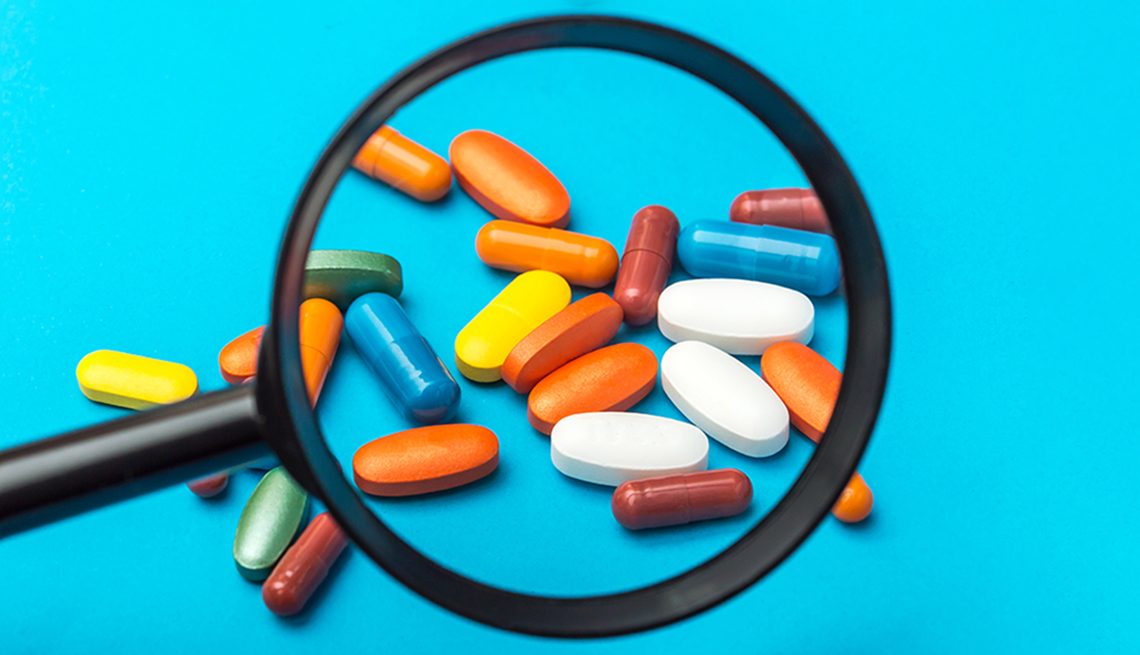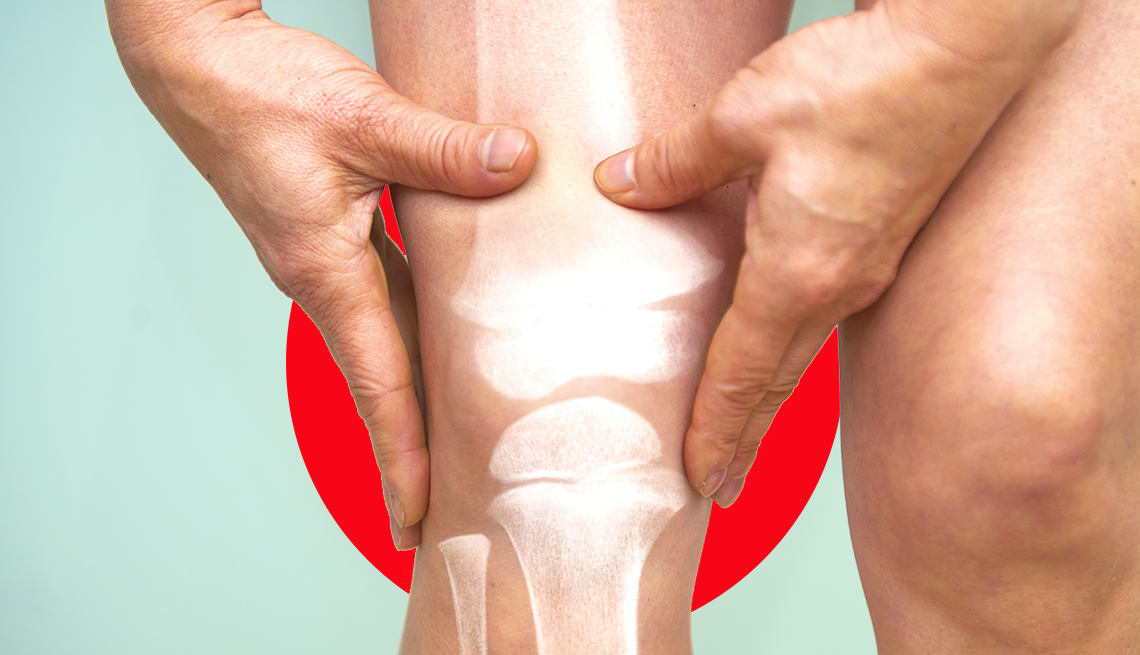AARP Hearing Center


If you’re considering taking a daily aspirin to help prevent a heart attack or stroke from ever occurring, know this: The U.S. Preventive Services Task Force (USPSTF) says that adults 60 and older should not start taking aspirin to lower their risk of a first heart attack or stroke. It also says that people ages 40 to 59 who are at higher risk for cardiovascular disease but don’t have a history of it should talk to a health care provider before starting an aspirin regimen.
This guidance, published in 2022 in JAMA, is based on accumulating research suggesting that the potential harms of taking aspirin can outweigh the benefits. Daily aspirin use has been shown to lower the chance of having a first heart attack or stroke, both of which are leading causes of death in the U.S. But the over-the-counter medication, which thins the blood and prevents clots from forming, can also lead to life-threatening bleeding in the stomach, intestines and brain — a risk that increases with age.
“The latest evidence is clear: Starting a daily aspirin regimen in people who are 60 or older to prevent a first heart attack or stroke is not recommended,” USPSTF member Chien-Wen Tseng, M.D., said in a statement.
People who are 40 to 59 and at higher risk for cardiovascular disease may benefit from starting to take aspirin to prevent future incidents, but they should “decide together with their health care professional if starting aspirin is right for them, because daily aspirin use does come with possible serious harms,” task force member John Wong, M.D., said in a news release. Doctors should take into account a patient’s cardiovascular disease risk and chance of bleeding, among other factors, the task force said.
It’s important to note that the USPSTF recommendations do not apply to people who already have heart disease, have had a stroke or are already on an aspirin regimen. “Anyone who already takes aspirin and has questions about it should speak with their health care professional,” Wong said.














































































More on Health
How Excess Weight Affects the Brain
Those extra pounds can impact your brain health
5 Ways Walking Can Boost Your Brain Health
Research suggests you should lace up your shoes and hit the road
7 Ways to Reduce Stroke Risk
Everyday habits backed by the American Heart Association can have a big impact